Ecological Spirituality: Journals & Articles
Further resources, if available, can be found in our full bibliography.
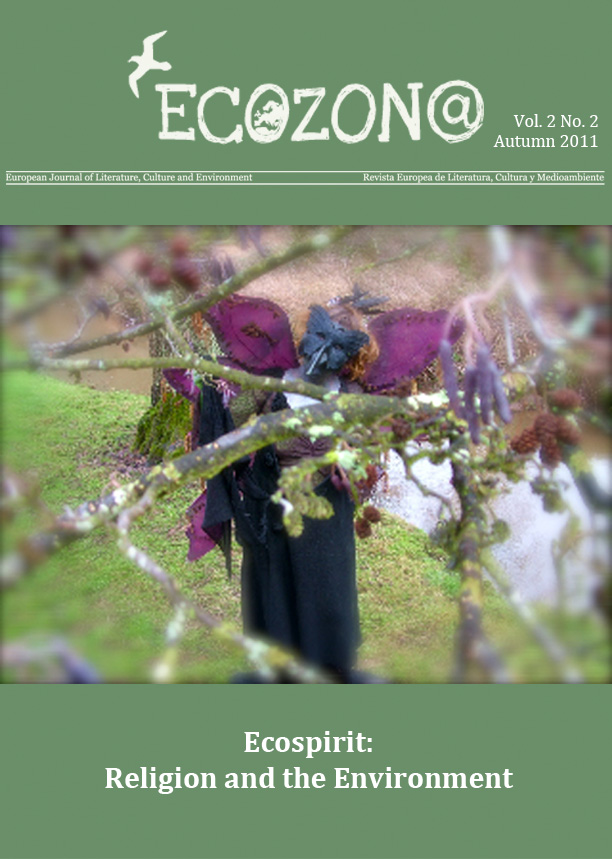
In this Special Focus issue, Guest Editor Franca Bellarsi assembles nine essays related to ecospirituality. Beginning with the questions why a spiritual relationship with nature matters, what beneficial effects it may have, and what dangers it may harbor, these examine past and present forms of ecospirituality, looking at instances where it has been lost, reappeared, and changed in shape. They explore the spiritual dimension of ways of regaining a life of more elemental creatureliness, be it through spirituality as a reconnection with the body and the rhythms of nature, critique of problematic positions within the Christian church with regard to animals, or engagement with religious thought and ecopoetry. Also explored is how an ecospiritual turn in mind of contexts as different as Buddhism and Roman Catholicism can play a valuable role in challenging entrenched anthropocentric hierarchies.

The quarterly journal Ecospirit was published by the Institute for Ecosophical Studies at Moravian College in the 1980s. It was published by a professor in the religion department, Donald St John, who was a graduate student of Thomas Berry's at Fordham University. This site is a digital repository of its letters, essays, and poems.
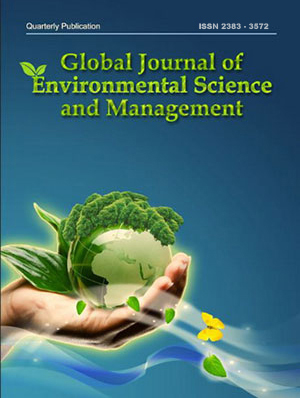
"A Synthesis of Academic Literature on Eco-Spirituality"
A.H.E. Adow et al.
This study investigates eco-spirituality, highlighting its connections with spirituality and environmental issues, and its importance for modern society. Analyzing 138 scholarly articles, the research shows a significant increase in interest in eco-spirituality since 2019, particularly from countries like the U.S., U.K., Canada, India, and Switzerland. It emphasizes eco-spirituality’s transformative potential for advancing environmental sustainability and its interdisciplinary nature, incorporating insights from various fields. The study also addresses limitations and advocates for further exploration of the links between spirituality, environmental ethics, and sustainable development, aiming to inspire meaningful societal change through education and community engagement.
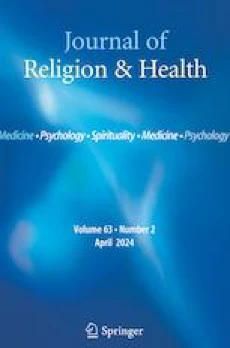
"Ecospirituality and Health: A Systematic Review"
Rocío de Diego‑Cordero et al.
Environmental changes are affecting human health. A renewal of the way humans understand and relate to the planet is needed. Ecospirituality brings together the terms spirituality and environment and is born as a means of solution to this dilemma. This systematic review aimed to find out the influence of ecospirituality on global health. A search of scientific literature was carried out in the main health science databases. A review was conducted to critically evaluate the studies that identified relevant ecospiritual aspects regarding health care for communities. After a systematic search and screening, and following specified methodological criteria, a total of 14 articles were selected in the review. The findings of the review suggest that a new perspective in one’s worldview such as ecospirituality will provide them with the necessary keys to improve health. To understand ecospirituality, one must keep in mind the Indigenous way of life, which is the clear example to follow to achieve environmental health and global health. Ecospirituality leads to a healthier environment, and as this is directly related to health, there is also an improvement in global health.
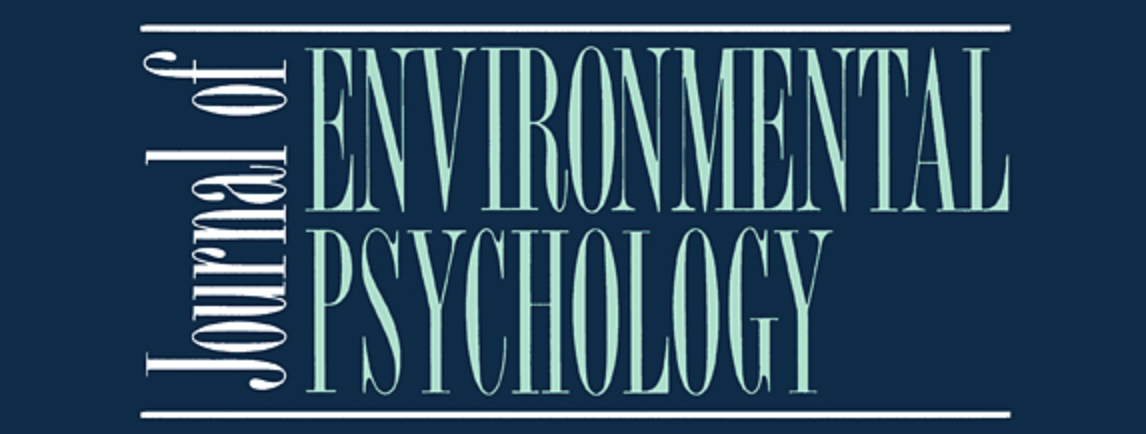
"Ecospirituality: The Psychology of Moral Concern for Nature"
Matthew I. Billet, Adam Baimel, Sakshi S. Sahakari, Mark Schaller, and Ara Norenzayan
People across time and cultures have often conceived of nature, and humanity’s connection to it, as essentially spiritual. Yet the psychological literature about this “ecospiritual” orientation has been meager. In eight samples, recruited from the USA, Canada, UK, and Singapore (Total N = 8795), Billet et al. investigated the relationship between ecospirituality and moral concern for nature. They developed and validated an 8-item measure of ecospirituality for this purpose. Ecospirituality, over and above environmental attitudes, environmentalist identity, and political orientation, uniquely predicted several aspects of moral concern for nature, such as including nature in one’s moral circle, treating nature as a sacred value, and endorsing a reasoning style that places importance on principles and duties to nature. This reasoning style was reflected in decisions involving nature-economic trade-offs, as well as in an unconditional voting style for the Green Party. The authors discuss how a spiritual view of nature is an important component of the moral psychology of the human-nature relationship, and what implications it might have for interventions aimed at increasing sustainability.
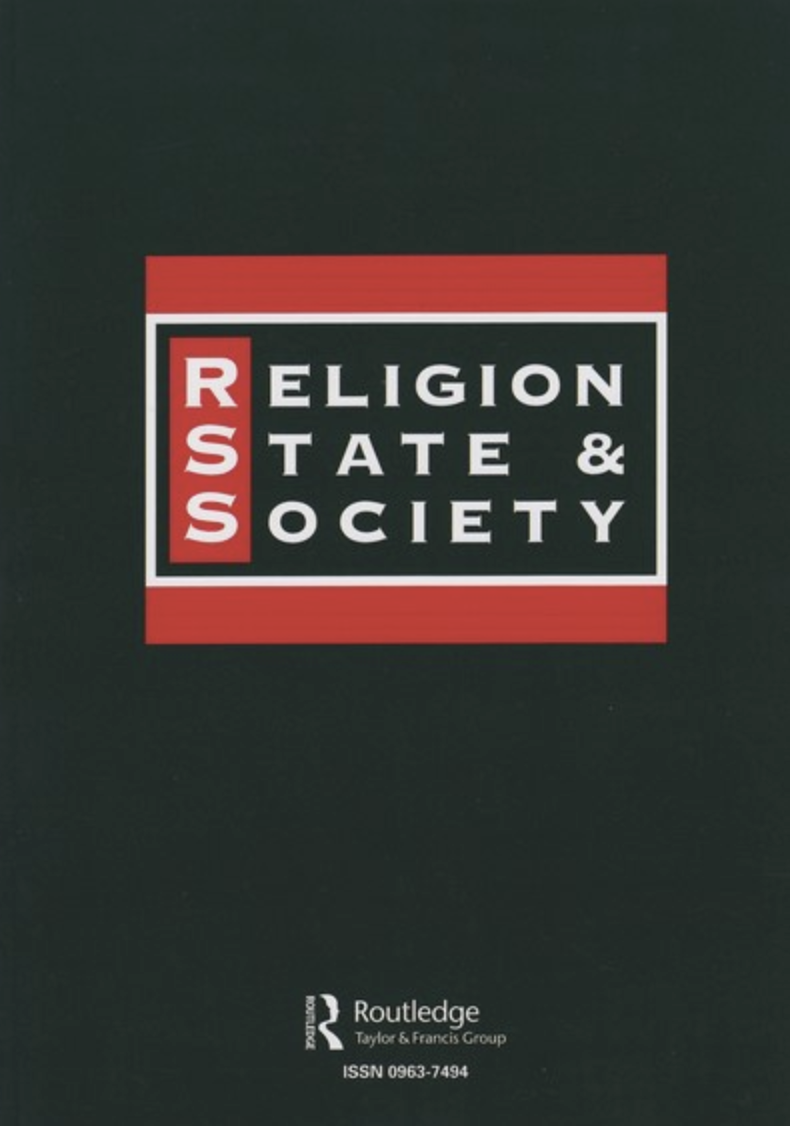
"Ecospirituality and Sustainability Transitions: Agency Towards Degrowth"
Tamas Lestar and Steffen Böhm
This article examines the role of ecospirituality in sustainability transitions, highlighting its significance in understanding how spiritual and religious beliefs influence everyday pro-environmental actions. While existing literature often emphasizes technological and systemic innovations, this study calls for greater attention to grassroots movements and individual agency. Through a comprehensive review of interdisciplinary literature, the article argues that ecospirituality offers a vital perspective for understanding shifts from conventional economic growth toward more radical views of degrowth and alternative measures of happiness and fulfillment. By integrating ecospirituality into sustainability discourse, the authors aim to enrich human understanding of social factors in these transitions.
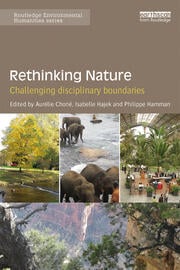
"Ecospirituality"
Aurélie Choné
Aurélie Choné, Isabelle Hajek, Philippe Hamman
This chapter aims at better understanding the values and actions of the proponents of ecospirituality, as well as the reasons, implications and limits of drawing such a connection. Ecospirituality emerged as an organized discourse around the 1980s in the context of a crisis of the environmental movement as well as of the great world religions. In parallel to the move toward a “greener” religion, ecology has become increasingly “spiritual” since the 1980s. Inside the new religious movements which have been forming a loose mystical-esoteric and New Age network since the end of the 1960s, discussions are centered around criticism of Christianity’s approach to nature and the need to incorporate the insights of Eastern doctrines, in which nature and culture are not separated one from the other. Esotericism has integrated the whole of nature, visible and invisible, into its spiritual praxis and has developed very concrete practices such as divination, alchemy and magic in its various guises.
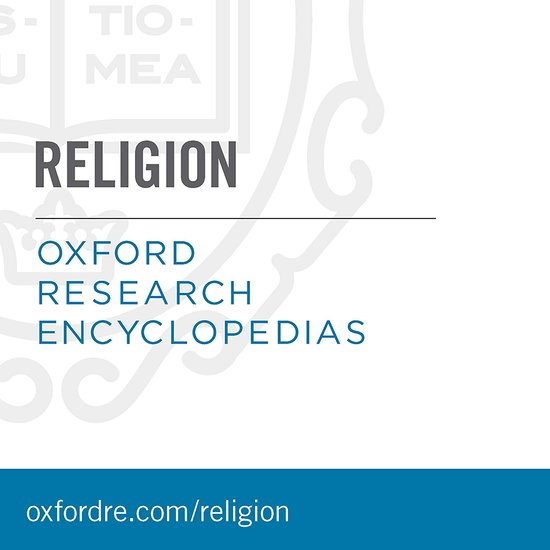
Encyclopedic entry on ecology and spirituality written by Les Sponsel.
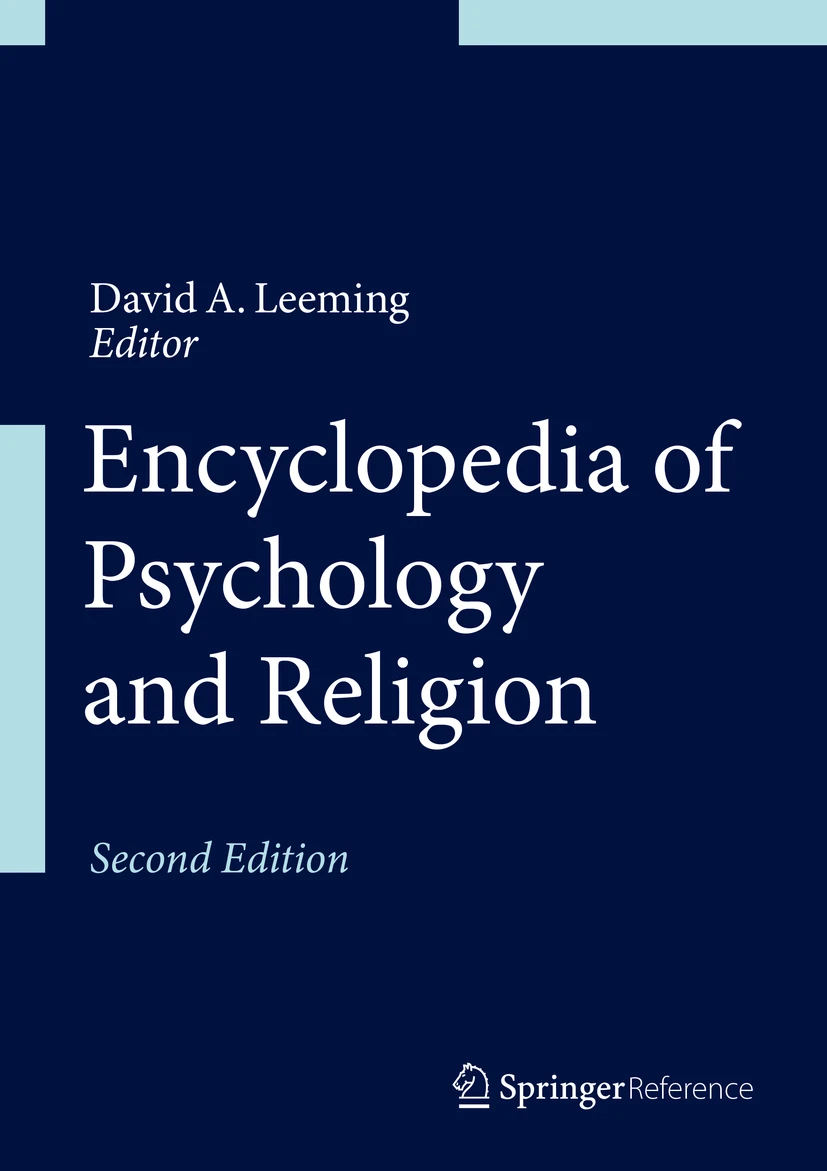
Encyclopedia entry on spiritual ecology written by Les Sponsel.
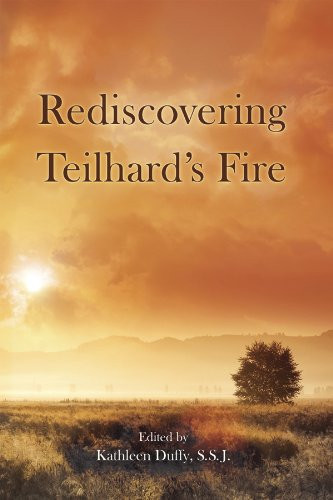
"Teilhard's Ecological Spirituality"
Mary Evelyn Tucker
Kathleen Duffy, S.S.J.
For Pierre Teilhard de Chardin (1881–1955), the sense of the Earth and its evolution was a source of inspiration in both his scientific work and his theological reflections. In writing about the ecological spirituality of Teilhard, it is important to note that he was continually engaged with the nature and formation of the universe. This was a primary source of revelation for him. The “book of nature” was where he encountered the divine. At the same time, the global ecological crisis that humans now face was not evident during his lifetime. Thus, in articulating Teilhard’s ecological spirituality, readers will find rich resources for their own period. Indeed, Teilhard’s ideas are both timely and timeless. As humans witness the growing extinction of species and the devastation of ecosystems, they are in need of a large-scale cosmological framework to understand and interpret this loss. Teilhard’s comprehensive vision of the Earth and its interconnected life processes evolving over time offers a wellspring of hope for the critical work ahead—to create a sustainable future.
Photo Credit: Ashley Inguanta/Unsplash